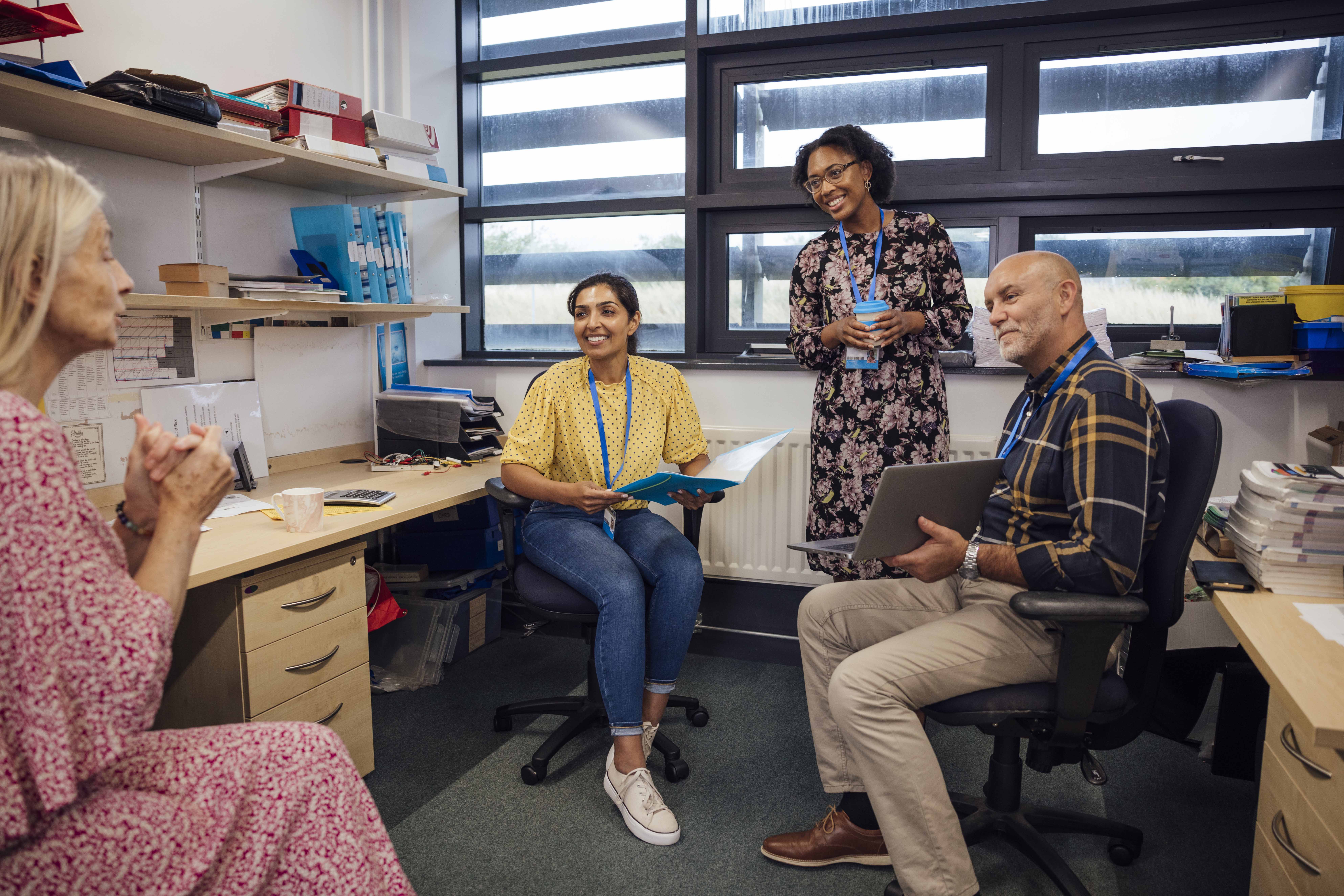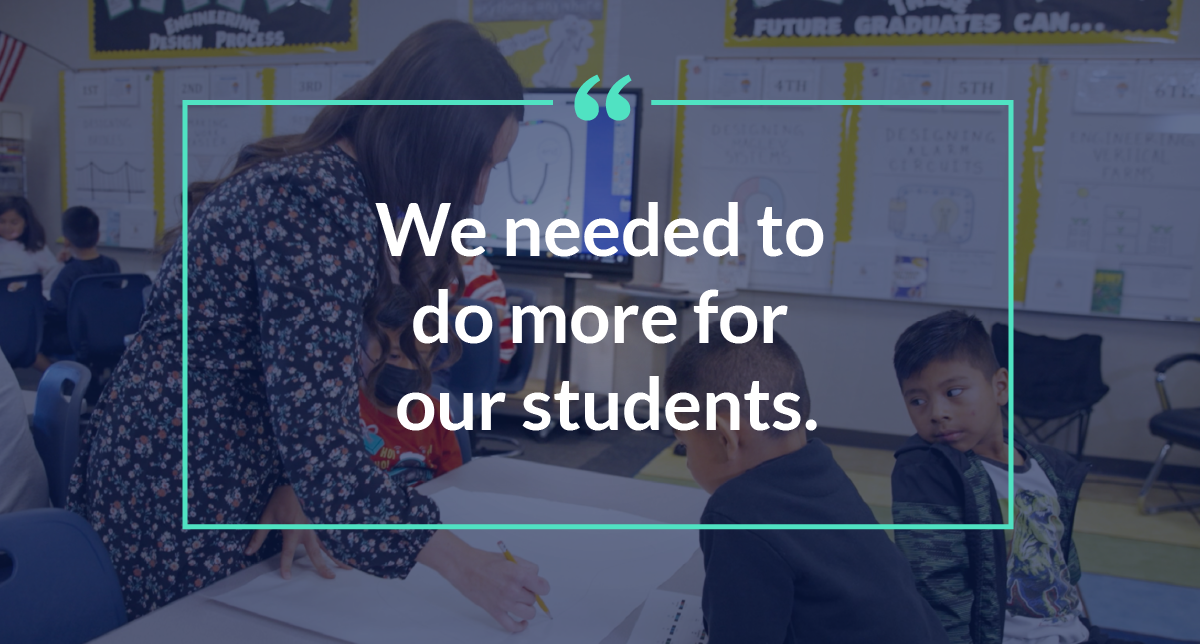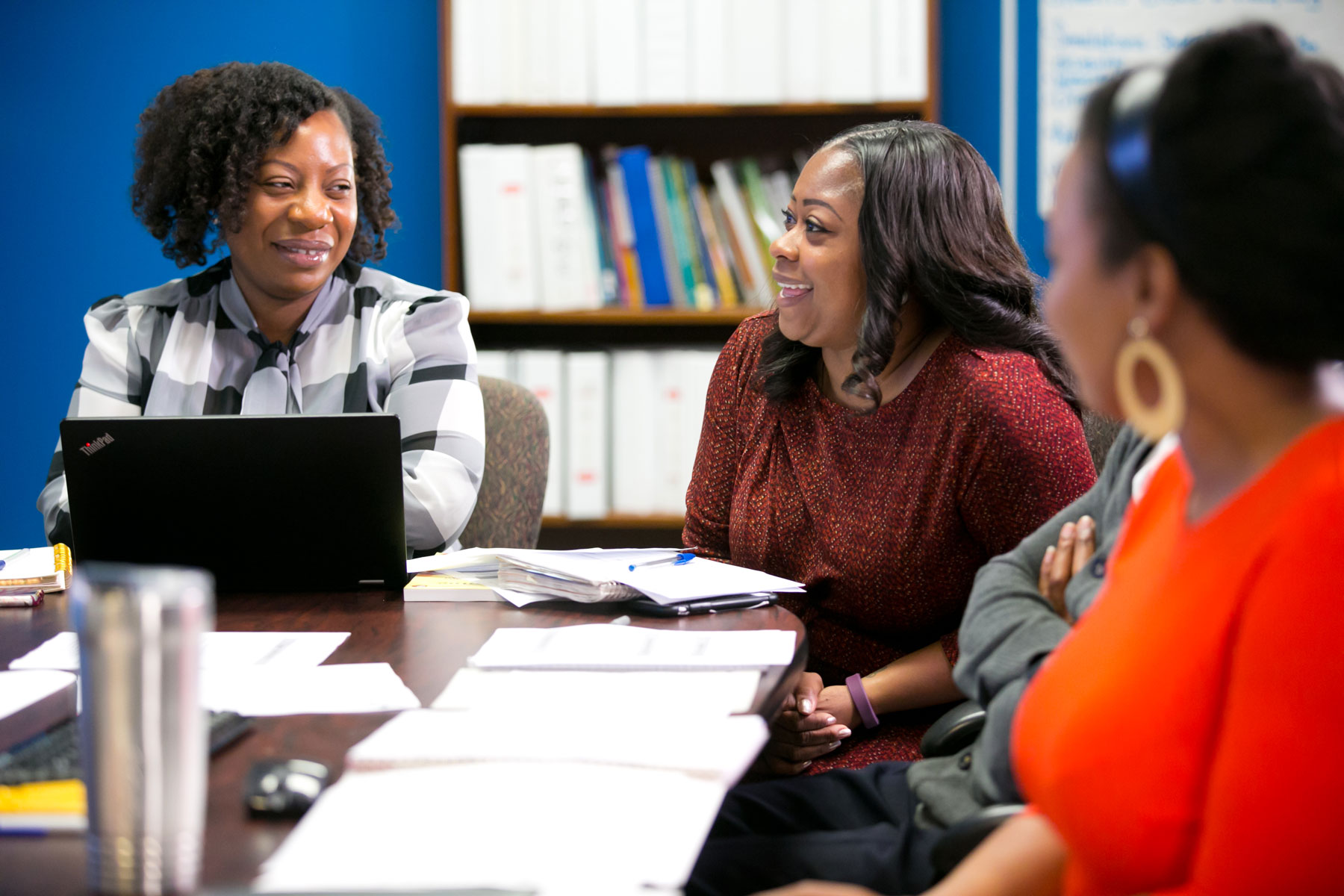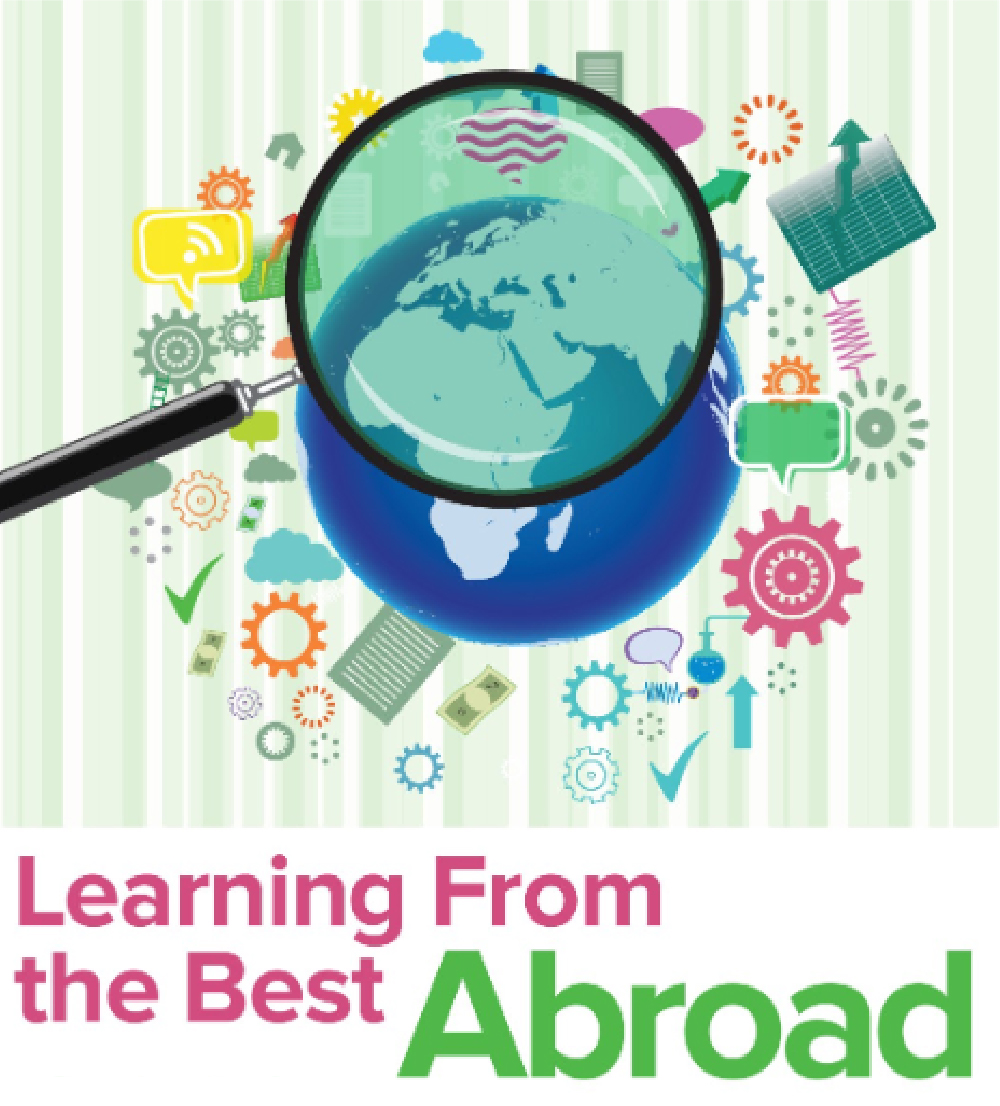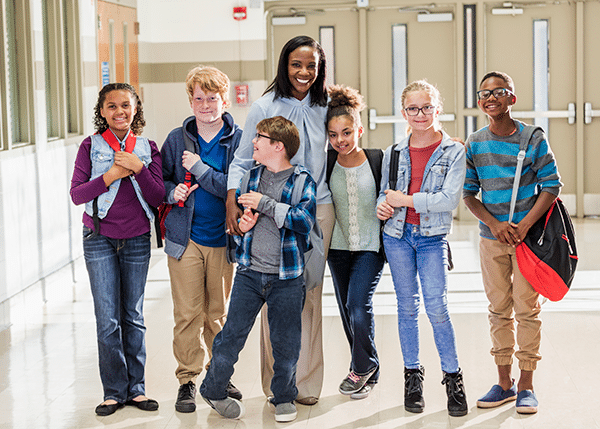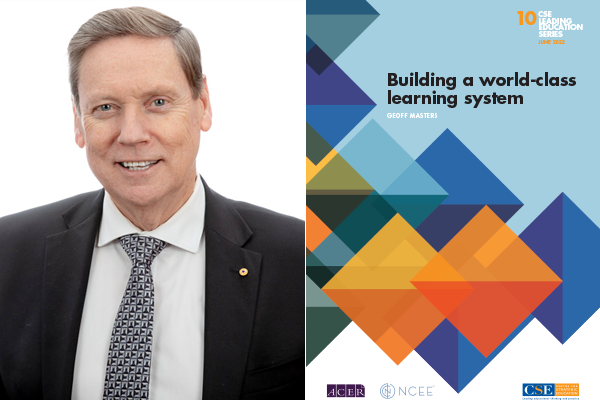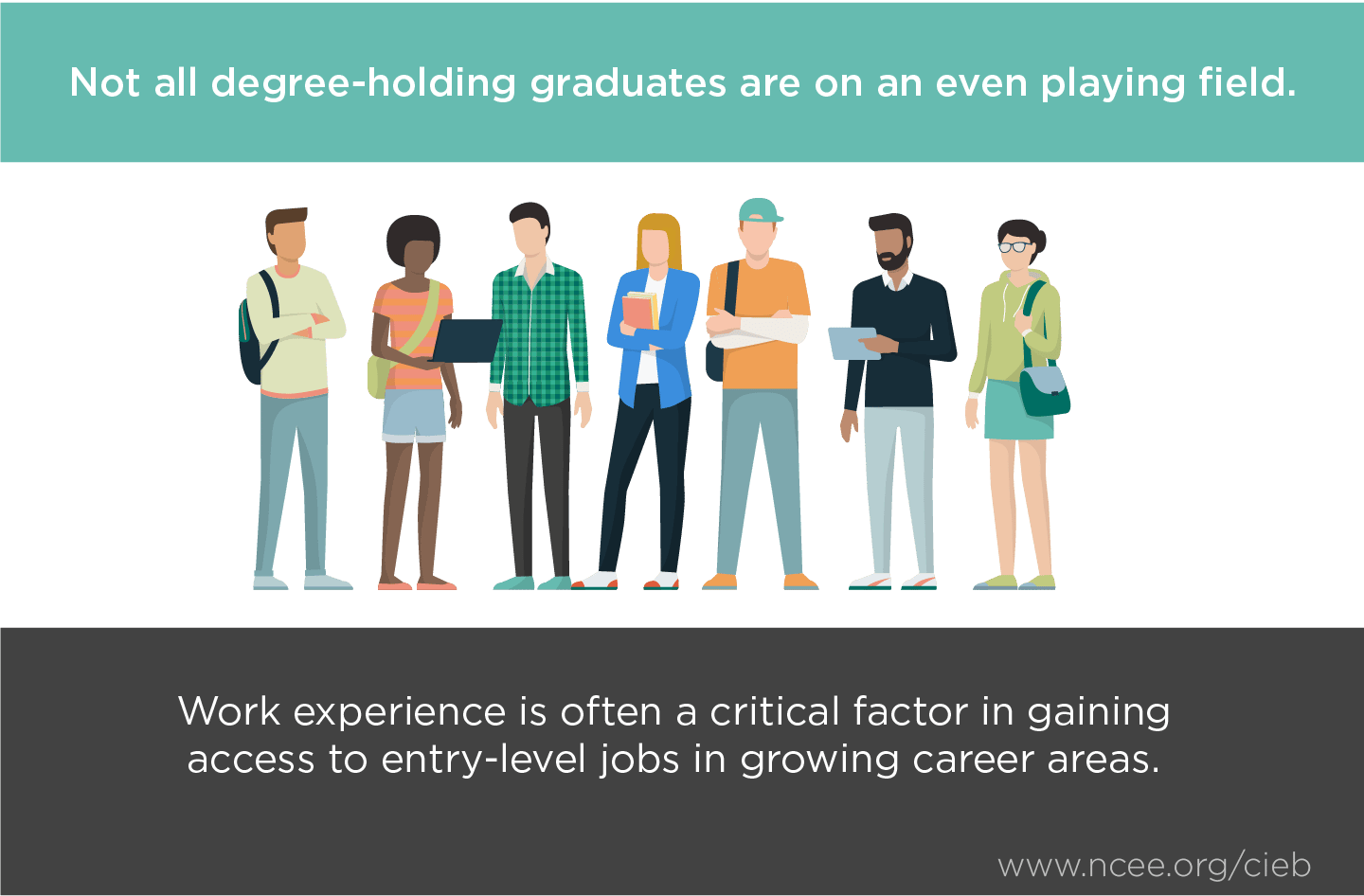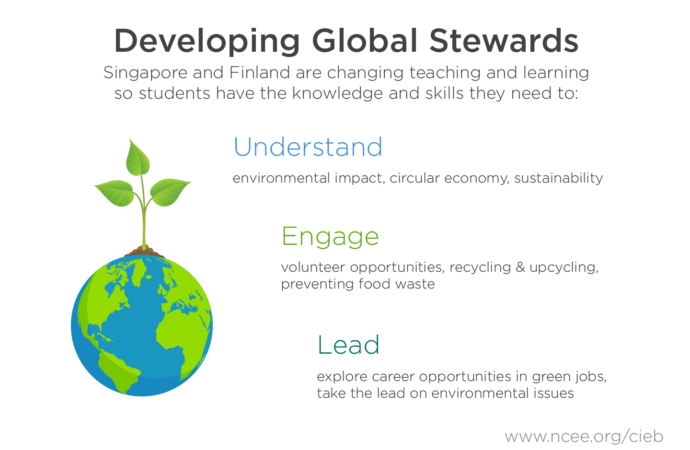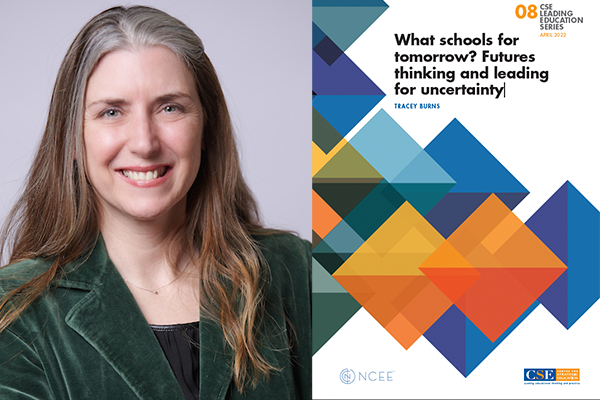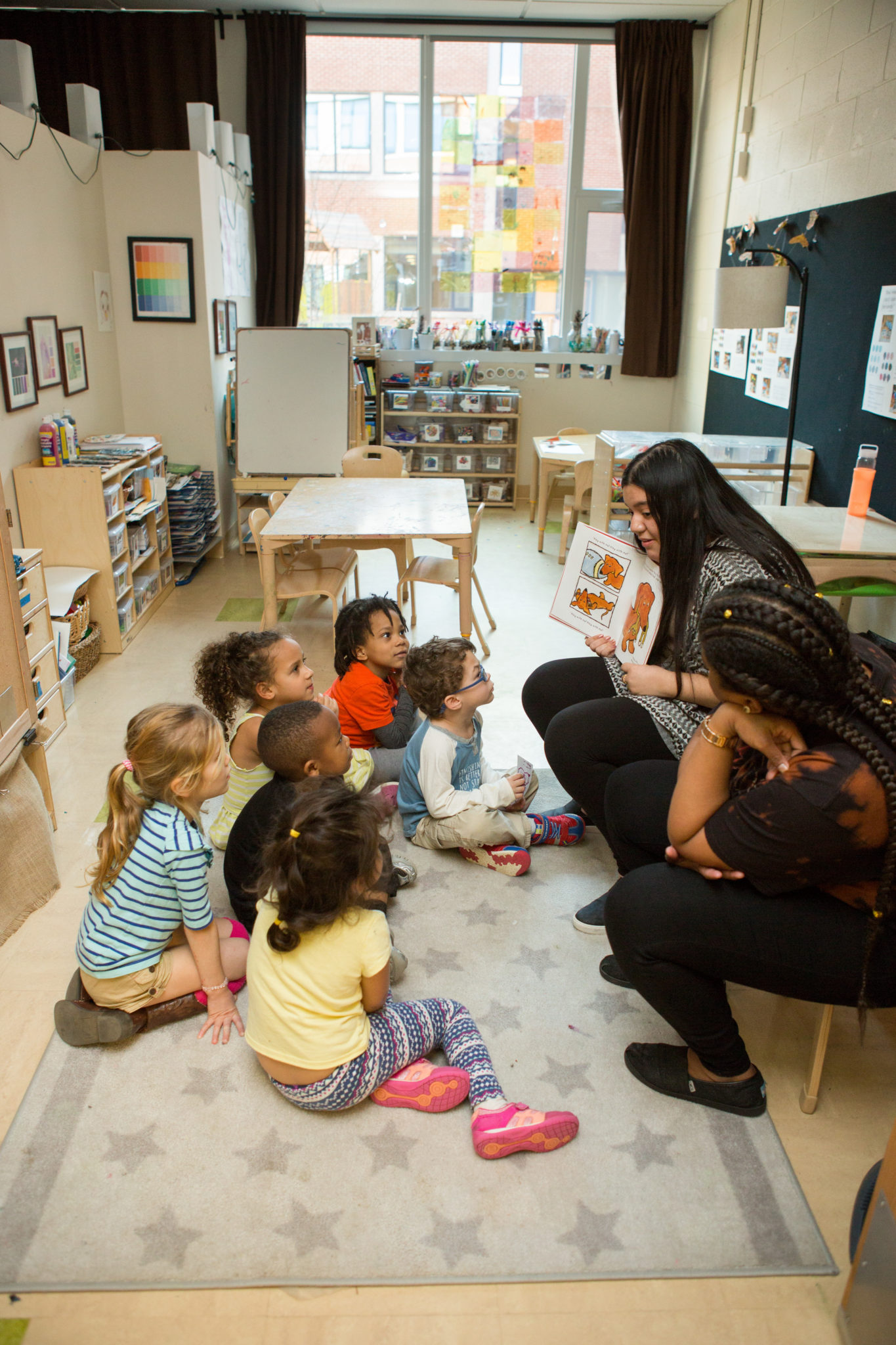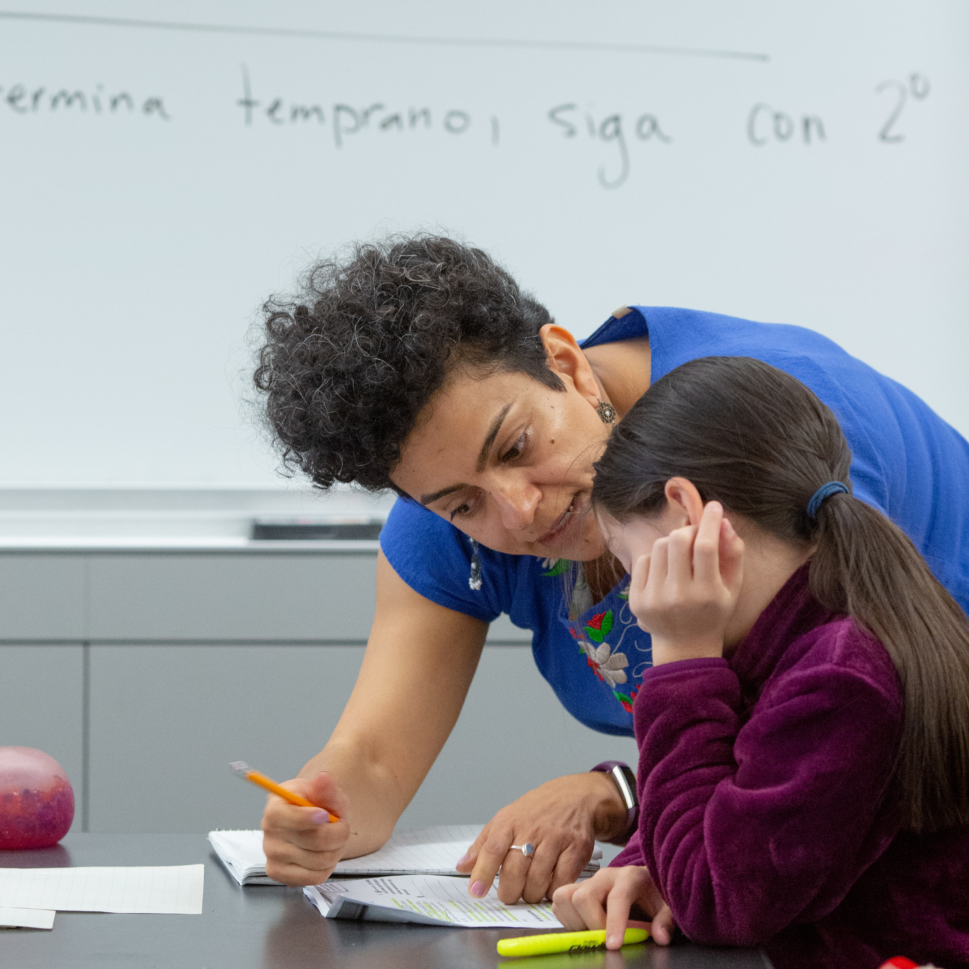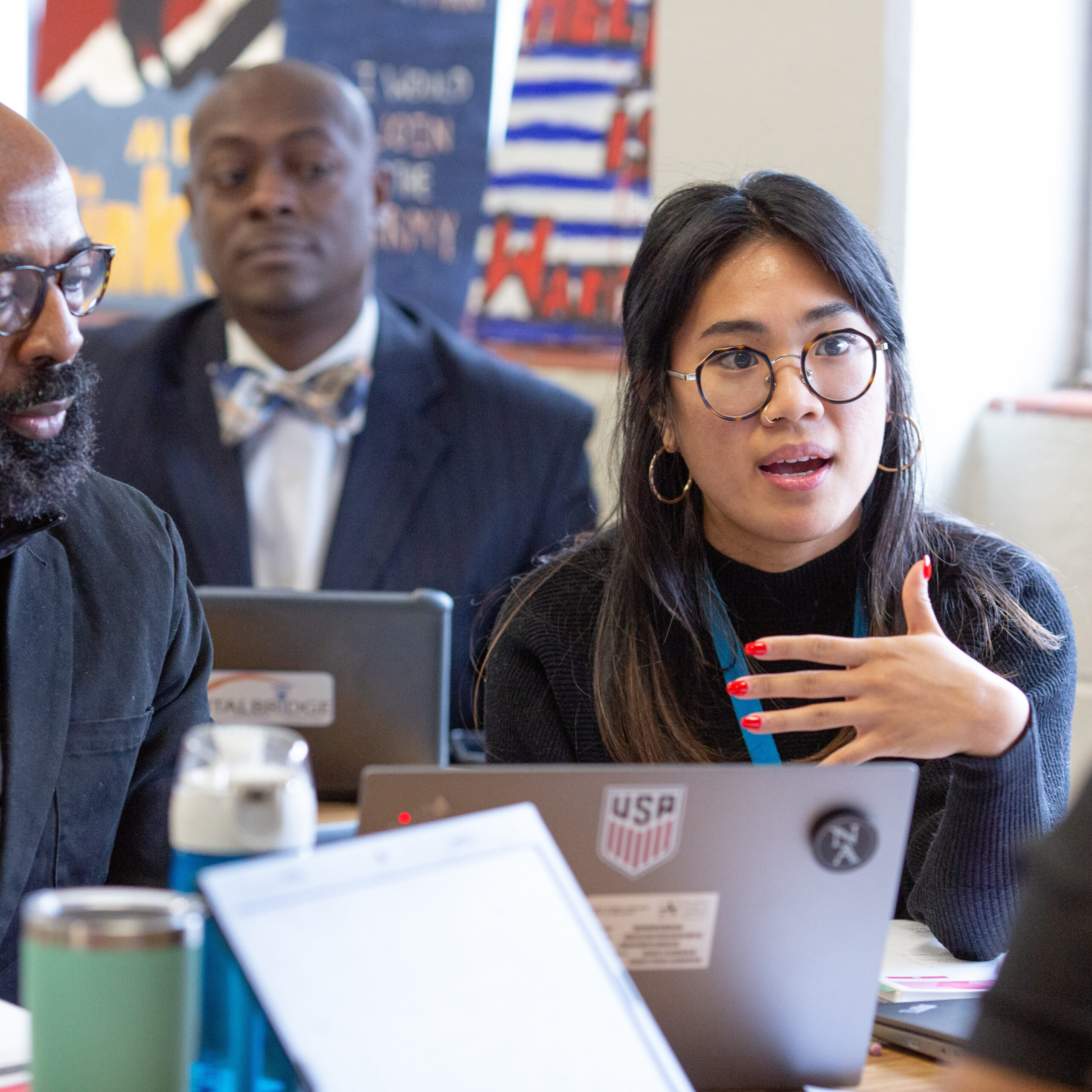Onward
Together

Onward

Together
Onward

Together
Featured blog posts
This Mississippi school district is partnering with industry to design bold pathways to career readiness for its students.
Grove City Area School District is placing teachers at the forefront of decision-making, creating a culture where innovation and shared responsibility thrive.
The goal was clear and compelling: to engineer an educational system that isn’t just about maintaining standards but setting them.
McComb School District has undertaken an initiative that not only redefines their approach to education, but also serves as a beacon for districts facing similar challenges.
By studying high-flying schools around the world, some district leaders in the U.S. are driving transformative changes to yield better results.
Vicksburg-Warren School District is transforming their teaching and learning experience & seeing results with far-reaching benefits for individuals, families, and the community.
Strong school leadership is critical to shaping learning environments, supporting high-quality teachers and teaching, and improved student outcomes. A new report from the Learning Policy Institute explores what makes a high-quality school leadership professional learning program.
Geoff Masters, CEO of the Australian Council for Educational Research (ACER), writes about how five jurisdictions that have performed unusually well on the OECD’s PISA assessment organize their school systems now and how these jurisdictions are aiming to transform their systems to better meet the changing economic and social context.
Disparities in work experience during college between socio-economically advantaged and disadvantaged students impacts how long it takes to secure good jobs.
Countries around the world are grappling with the reality of climate change and what it will mean for the next generation. Singapore and Finland have responded with national plans to rethink how their citizens use resources to foster greater sustainability, including actions that schools can take to better prepare students to take on the challenges ahead of them.
In this interview, Anthony Mackay talks to Tracey Burns about her latest paper “What schools for tomorrow? Futures thinking and leading for uncertainty.”
The pandemic has highlighted the tight connection between early childhood education and care and economic success for families and educational and social success for students. This has led to significant reforms around the world to both expand access to early childhood education and care and improve the quality of available programs.
America’s most effective teachers are often not in the classrooms where they’re needed most. Some new research shows other countries face the same challenge. But there are also places to look to for solutions.
This just-released report outlines the rich conversations that took place among leaders from a set of the world’s highest-performing education systems about the impact of digitalization and other global trends on the future of work and civil society; what this means for what students should learn and how they should learn it; and how this might change the role of educators and the design of public education systems.
There are too many incentives for teachers to leave the classroom and not enough for them to stay, NCEE’s Jason Dougal and Ann Borthwick argue in a commentary for K-12 Dive. Dougal and Borthwick lay out a vision for an education system in which teachers’ work environment is more like that of doctors and lawyers and they are rewarded for leading the growth of their colleagues. Implementing these changes in light of current teacher shortages will attract more people to education and keep them in classrooms longer.
Geoff Masters, CEO of the Australian Council for Educational Research (ACER), writes about how five jurisdictions that have performed unusually well on the OECD’s PISA assessment organize their school systems now and how these jurisdictions are aiming to transform their systems to better meet the changing economic and social context.
Disparities in work experience during college between socio-economically advantaged and disadvantaged students impacts how long it takes to secure good jobs.
Countries around the world are grappling with the reality of climate change and what it will mean for the next generation. Singapore and Finland have responded with national plans to rethink how their citizens use resources to foster greater sustainability, including actions that schools can take to better prepare students to take on the challenges ahead of them.
In this interview, Anthony Mackay talks to Tracey Burns about her latest paper “What schools for tomorrow? Futures thinking and leading for uncertainty.”
The pandemic has highlighted the tight connection between early childhood education and care and economic success for families and educational and social success for students. This has led to significant reforms around the world to both expand access to early childhood education and care and improve the quality of available programs.
America’s most effective teachers are often not in the classrooms where they’re needed most. Some new research shows other countries face the same challenge. But there are also places to look to for solutions.
This just-released report outlines the rich conversations that took place among leaders from a set of the world’s highest-performing education systems about the impact of digitalization and other global trends on the future of work and civil society; what this means for what students should learn and how they should learn it; and how this might change the role of educators and the design of public education systems.
There are too many incentives for teachers to leave the classroom and not enough for them to stay, NCEE’s Jason Dougal and Ann Borthwick argue in a commentary for K-12 Dive. Dougal and Borthwick lay out a vision for an education system in which teachers’ work environment is more like that of doctors and lawyers and they are rewarded for leading the growth of their colleagues. Implementing these changes in light of current teacher shortages will attract more people to education and keep them in classrooms longer.


